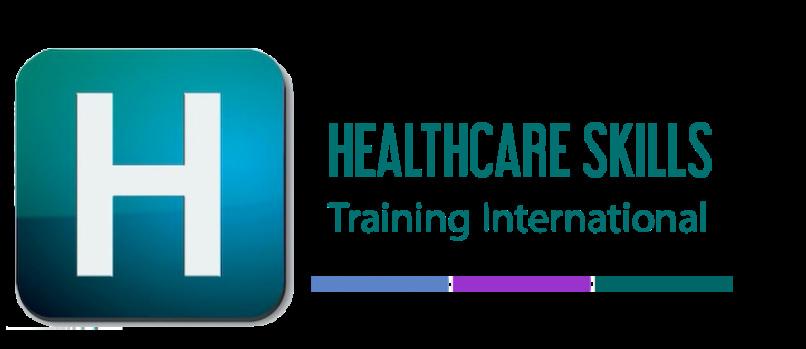
2 minute read
POSTGRADUATE DIPLOMA IN CLINICAL LEADERSHIP
Description
The unit develops the knowledge and skills required to develop and apply the most appropriate leadership strategies within critical environments based on the principles of Neuroscience and Human Factors. The qualification establishes the professional competencies necessary to alter patterns of behaviour and develop strategies for individual workers alone or in a team to make better decisions, manage and promote accountability throughout the process of care and more effectively lead oneself and others to create highperforming teams and achieve improved patient outcomes.
Advertisement
This qualification is for those who have recognised prior learning in their specialty and have a responsibility for support or training ie a medical, nursing or healthcare-related degree including all hospital clinicians, GPs, veterinarians, senior hospital managers and dentists.
For more information on courses and dates, please visit: https://healthcareskills.com/courses/
Assessment Criteria
As a professional qualification there are four key elements to be formally assessed:
•What are the key leadership styles and the underlying human factors and neural mechanisms involved in each style?
•How can delegates identify the most appropriate leadership style for any given circumstance?
•How do delegates use this knowledge to make better decisions and communicate in an effective manner, even in very difficult situations?
•How do delegates use this knowledge to alter patterns of negative behaviour, promote accountability and achieve improved outcomes for the teams they lead and their patients?
Description
Participants will be asked to:
• Demonstrate a leadership style and appropriate communication skills in a challenging situation
• Produce a plan to introduce changes in practice based on course content
• Produce a case study/critical review of a team or patient interaction to demonstrate transfer of learning to professional practice
• Complete a knowledge-based examination on course content
Faculty
The Faculty will address the areas of Neuroscience, communication skills, human factors and leadership. The faculty will be individuals with the defining experience and are qualified in the field of Human Factors (including Leadership and Communication) and Neuroscience. They will also have a remit for the education of other relevant professionals.
This meets the QAA (Qualifications Assurance Agency) for higher education equivalences of:
LEVEL INTELLECTUAL SKILLS PROCESSES ACCOUNTABILITY & ATTRIBUTES
7 Display mastery of complex and specialised Conduct research, or advanced Accept accountability in area of knowledge and skills. technical or professional activity, related decision-making using and modifying advanced including use of supervision. Demonstrate expertise in highly skills and tools. specialised and advanced technical Take significant professional and/or research skills. Design and apply appropriate responsibility for the work of research methodologies. other professional staff, lead Communicate results of research and initiate activity. to peers.
Develope new skills to a high level, including novel and emerging techniques. Act in a wide variety of unpredictable and advanced professional contexts.
Level 7 QAA level descriptors
A systematic understanding of knowledge, and a critical awareness of current problems and/or new insights, much of which is at, or informed by, the forefront of their academic discipline, field of study or area of professional practice.
• A comprehensive understanding of techniques applicable to their own research or advanced scholarship
• Originality in the application of knowledge, together with a practical understanding of how established techniques of research and enquiry are used to create and interpret knowledge in the discipline
Conceptual understanding that enables the student:
• To evaluate critically current research and advanced scholarship in the discipline
• To evaluate methodologies and develop critiques of them and, where appropriate, to propose new hypotheses
Typically, holders of the qualification will be able to:
• Deal with complex issues both systematically and creatively, make sound judgments in the absence of complete data, and communicate their conclusions clearly to specialist and non-specialist audiences
• Demonstrate self-direction and originality in tackling and solving problems, and act autonomously in planning and implementing tasks at a professional or equivalent level
• Continue to advance their knowledge and understanding, and to develop new skills to a high level
It is a pre-course requirement that delegates must be a qualified clinician or have held a senior role in medical device or pharma industry for five years. This course is a vocational qualification, enabling the delegates to improve their ability to present, instruct, and demonstrate clinical/technical skills to others.




